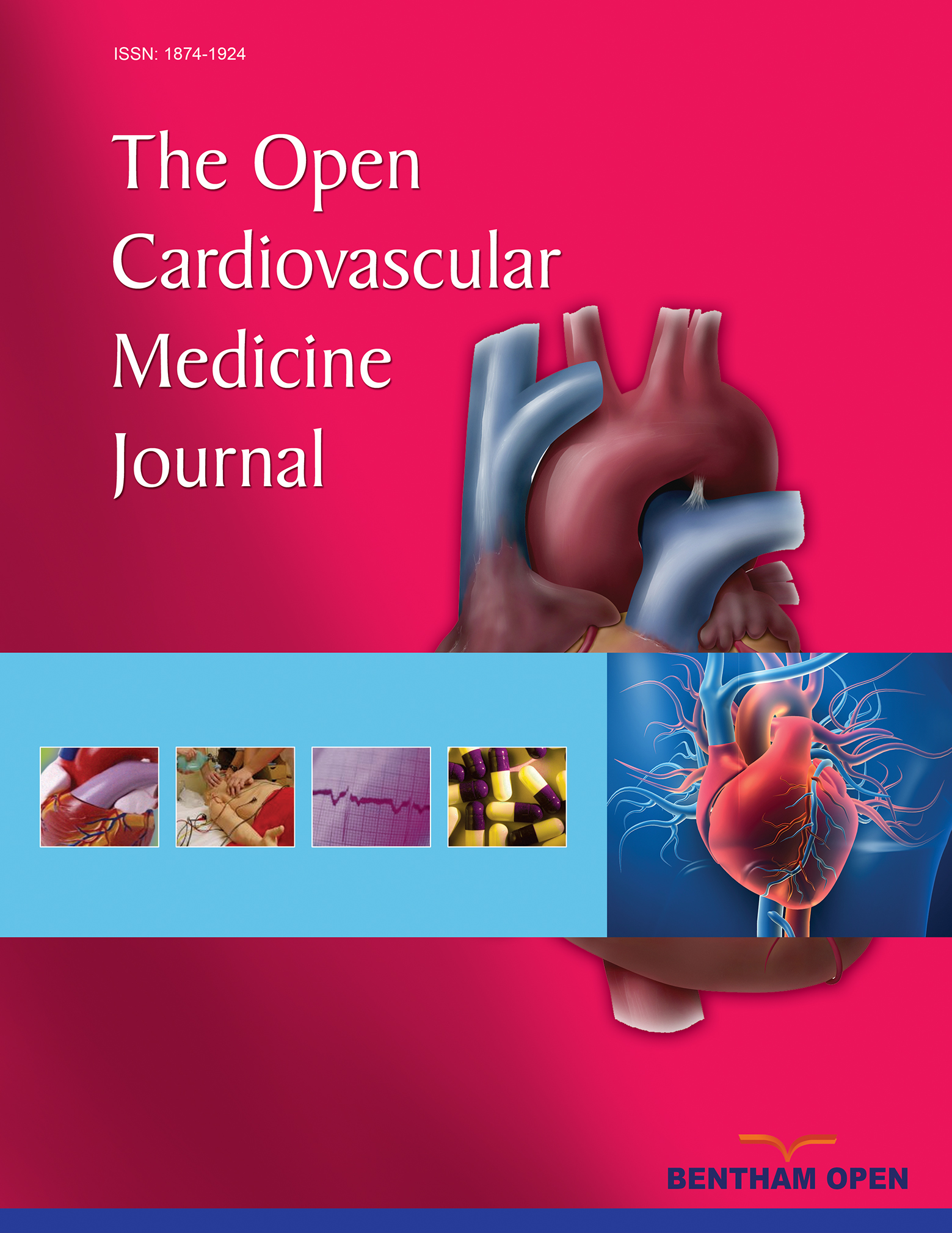All published articles of this journal are available on ScienceDirect.
Prothrombin Gene G20210A Mutation in Acute Deep Venous Thrombosis Patients with Poor Response to Warfarin Therapy
Abstract
Aim: The pathogenesis of deep venous thrombosis (DVT) involves an interaction between hereditary and acquired factors. Prothrombin gene mutation is one of the hereditary risk factors. We evaluated the frequency of the prothrombin gene mutation in patients with DVT and its relation to oral warfarin anticoagulant therapy response.
Methods: Prothrombin gene mutation was looked for in 40 DVT patients with poor response to warfarin. The results were compared with 40 DVT patients with a normal response to warfarin and 30 healthy blood donors. Blood samples were also assessed for protein C, protein S, anti-thrombin III and anticardiolipin antibodies (ACA) levels.
Results: Prothrombin gene mutation was found in normal and poor DVT responders (6/40 and 13/40, respectively; p = NS) as well as in healthy controls (1/30). Patients with recurrent DVT or a family history of DVT were significantly (p<0.0001) more likely to have the prothrombin mutation than other DVT patients. Non prothrombin abnormalities (protein C, anti-thrombin III and ACA) were more common in poor responders than controls (p<0.0037) as were ACA (p<0.034).
Conclusions: Prothrombin gene mutation is present in several DVT patients, especially those with recurrent DVT or a family history of DVT. This mutation may contribute to a poor response to warfarin.


